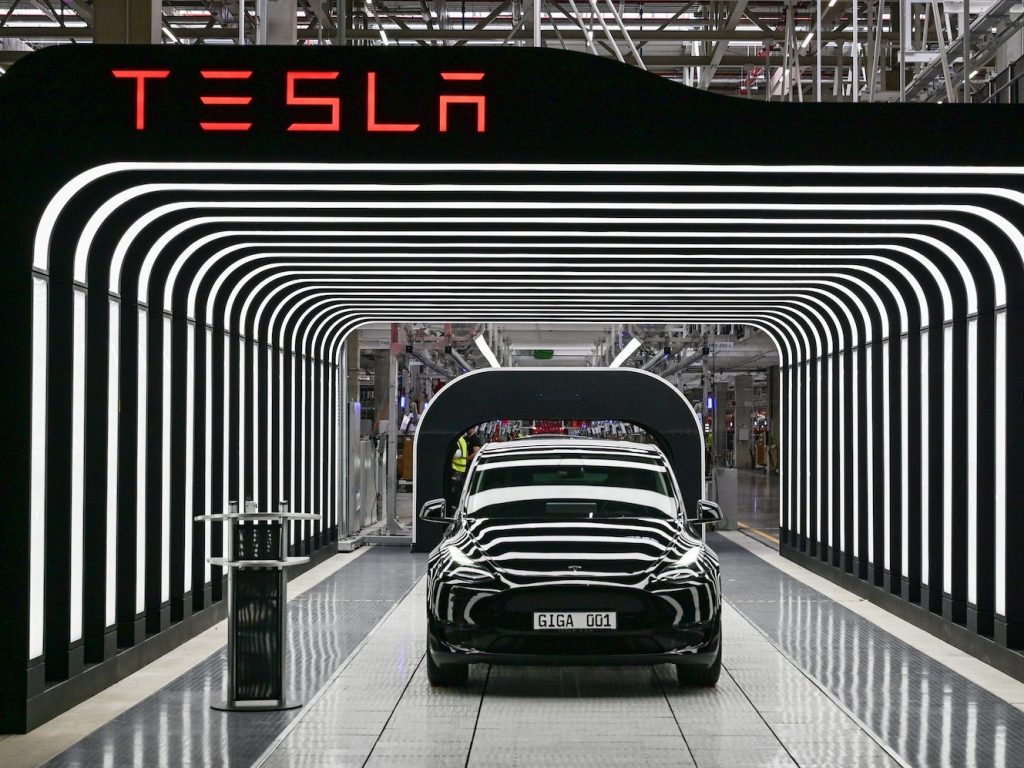- The average price paid by Americans for EVs jumped 22% in the year to May, data from JD Power shows.
- For non-EVs, inflation over the same period was 14%, according to the data, cited by The WSJ.
- Americans are now paying $54,000 on average for EVs and $44,400 for non-EVs, per JD Power.
Americans are paying $54,000 on average for an electric vehicle (EV), a surge of 22% in a year, figures show.
Meanwhile, Americans are paying $44,400 on average for fossil fuel-powered vehicles, representing a gain of 14% in the year to May, research by JD Power, cited by the The Wall Street Journal, found.
Automakers are hiking prices to offset the soaring cost of raw materials. Long-running supply chain challenges, exacerbated by the war in Ukraine, has caused the cost of materials like nickel, cobalt, and lithium — all of which are essential ingredients for EV batteries — to surge.
In March 2020, it cost on average $3,381 to gather the raw materials needed for a single EV, but that cost is now $8,255, up 140%, according to Alix Partners.
The EV price spike is causing a headache for motorists who want to ditch fossil fuel-powered cars to avoid record gas prices. The average cost of regular gas was last put at $4.90 a gallon by the American Automobile Association, down from above $5 earlier in June but well up from $3.10 a year earlier.
Online searches for EVs have increased 73% since January, according to data from auto-shopping websites Kelley Blue Book and Autotrader, per The WSJ.
EVs represented 4.5% of US car sales in 2021, according to the International Energy Agency.

